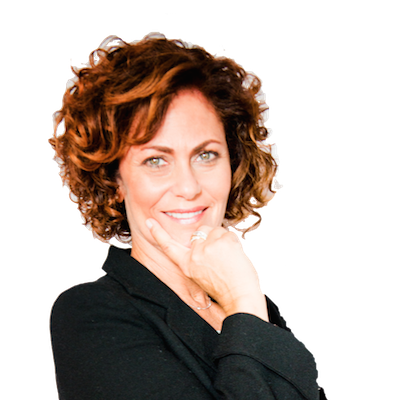Recently, my friend and colleague, Chip Conley of the Modern Elder Academy, asked that I share my thoughts about ethical wills—what we really want our loved ones to know about our values once we are no longer here to role model and nudge. I was honored to be asked, and frankly, the assignment was made easy for two reasons. First, the Jewish tradition has a rich history in this area, and second, I have had personal experience.
Two weeks before my father died, he called my mother over to him and asked her to bring a pen and paper. She later described his state as somewhere between this world and the next. This was an important piece of information because my father, a man whose perhaps primary identity was as a devoted physician, was not one to be silly.
You wouldn’t find him on the floor playing with his grandchildren. He looked forward to when they grew up so he could have deep conversations with them and teach them things. Unsurprisingly, he was intense—he came to the United States with his family in 1938, having escaped the Holocaust.
The missive he dictated was a stream of consciousness. As my father teetered between this world and what’s next, he moved on from the planning we all do—wills and other practical matters—to the essence of what he wanted to teach as an ancestor to future generations. He didn’t know it then, but what he dictated became his ethical will.
According to most scholars, the tradition of ethical wills dates to biblical times, yet far too few of us know about them. An ethical will is not about designating material objects after death but rather about how to live. These letters enable our values, the best of who we are or strive to be, to live on. The value of an ethical will cannot be overstated, and the ability to create one is available to all of us. Allow yourself the time to sit at the feet of your life and reflect. Then, create whatever format best represents you. As you’ll see in my father’s case, most take the form of a letter for loved ones.
My father passed away when my children were 7, 5 and 1. I asked an art teacher to help the two older ones to create pictures of the memories they shared, which were mostly about eating lobsters and going out on the dock and lake near my parents’ Connecticut home.
⸺
My Dear Grandchildren,
The world is a wonderful place. The sun rises in the morning and shines on the flowers, the plants, and the people, especially the little people. It gives them strength and joy. The warm sun is God’s love.
Your Opa shared some of these wonders with you. We went hiking, fishing and boating, read stories, hugged and kissed. Your Opa loved you all very much and wanted to share many more things with you. But some of us don’t live as long as others. God called for me and said “It’s your time to go.
Although Opa is no longer with you, he’s a part of the sun, rain, flowers, and people. When you close your eyes, you will see him smiling at you and kissing and hugging you and helping you to grow up to be fine men and women who come from a great tradition. A tradition that, after you’ve studied, will prepare you to give more to the world than you take from it.
Follow God’s teachings and everything you touch will be enriched. Your grandparents and parents truly believe in that. It is why we all try to be good Jews. It’s the Jewish tradition.
Things change in the world, some for the better, some for the worse. You must learn to recognize the better and live by it and make it your goal
Someday you will have children of your own. That seems like a long time from now, but children like you are on a grand adventure. You will tell them about me and my message to you and so the story will go on and on. By doing so, you will keep your Opa in your hearts and alive forever.
Love,
Opa
⸺
You don’t have to be at death’s door to clarify what matters most to you and to sketch out your own ethical will. Particularly in Middlescence, we are drawn to learn how to unearth our inner wisdom.
Here are a few questions to help get you started:
- What do you value most? How have your values changed throughout your life, and what lessons can others learn from that recognition?
- What is the most important lesson you’ve learned?
- What are you most proud of?
- What would you want your great-great-grandchildren to know about you?
I invite you to get a cup of tea, find a comfy spot and consider one or more of the questions. Then write a loving missive to those you love and share it, or not. These are the firmament of our legacy.


